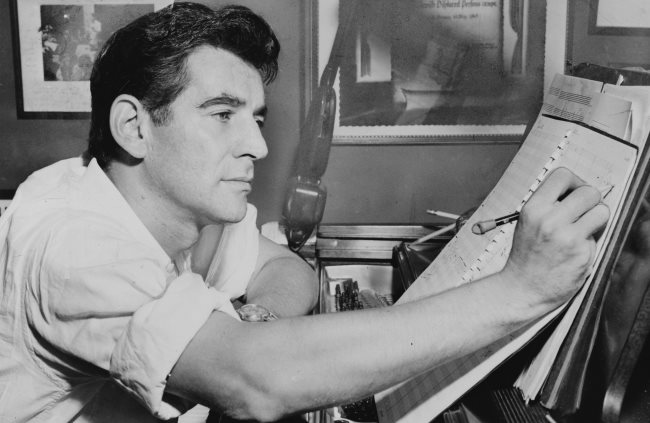Richard Wernick, . . . and a time for peace
by Byron Adams
Born January 16, 1934, in Boston
Composed in 1995 in Boston
Premiered on June 18, 1995 by the Orchestra Filarmonica Della Scala conducted by Riccardo Muti with mezzo-soprano Freda Herseth
Performance Time: Approximately 20 minutes
The distinguished American composer Richard Wernick was born in Boston and began piano lessons at the age of eleven. He studied at Brandeis University with Irving Fine, Harold Shapero, and Arthur Berger. In the summers of 1954 and 1955, he studied composition at Tanglewood with Ernst Toch and Aaron Copland, and studied conducting with Leonard Bernstein. In the late 1950s and early 1960s, Wernick lived in New York, writing music for stage, film, and television. The importance of his work in these areas cannot be overestimated, as it gave the composer immense practical experience. Wernick then taught at SUNY Buffalo and the University of Chicago before joining the faculty of the University of Pennsylvania. Among his responsibilities there was conducting the Penn Contemporary Players, an ensemble that he brought to national prominence. Wernick has received many honors, including grants from the Ford Foundation, a Guggenheim Fellowship, a Kennedy Center Friedheim Award, and the 1977 Pulitzer Prize for his powerful and ecstatic Visions of Terror and Wonder.
Wernick has remained committed to reaching out to listeners. Due in part to his early experience writing for film and television, his approach to composition has always been principled and pragmatic. Wernick once commented to an interviewer, “I’m not writing to an audience which is illiterate and I’m not writing to an audience which is technically educated in music, but I do write for an audience that I assume has experience in listening to music and is willing to at least meet me halfway. So I’ll go halfway to meet them.”
When Riccardo Muti was the music director of Philadelphia Orchestra in the 1980s, Wernick served twice as his advisor for new music. The conductor and the composer formed a strong bond, which led to the commission of a powerful orchestral score entitled “. . . and a time for peace” (“v’yet shalom”). Composed for the 1995 season of the Ravenna Music Festival in Italy, “. . . and a time for peace” is scored for mezzo-soprano and large orchestra, the same forces as Visions of Terror and Wonder.
Byron Adams is a Professor of Musicology at the University of California, Riverside.

